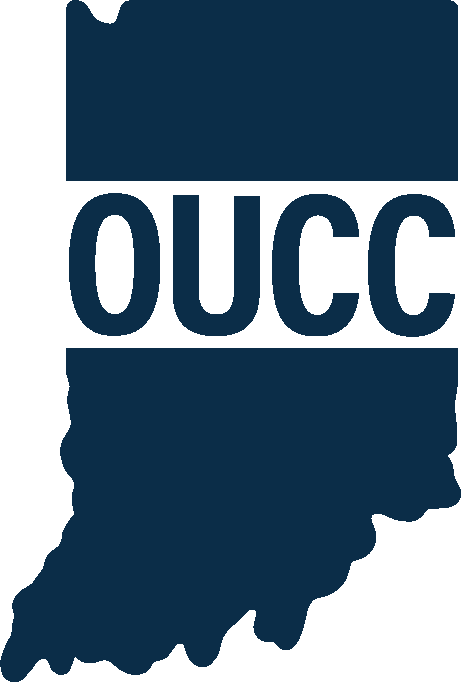Q: Why does the Indiana Utility Regulatory Commission (IURC) regulate some Indiana utilities but not all?
A: Under laws approved by the Indiana General Assembly, some utilities are exempt from IURC jurisdiction over their rates, charges and finances while others may withdraw.
Q: What types of utilities are exempt from IURC jurisdiction?
A: Most Indiana sewer utilities are exempt, including municipal sewer utilities, regional sewer districts, and sewer utilities operated by conservancy districts. Also, most aspects of telecommunications services are exempt from IURC jurisdiction under state law.
Q: What types of utilities can withdraw from IURC jurisdiction?
A: Municipal water and electric utilities may withdraw, as well as rural electric membership cooperatives (REMCs). Not-for-profit utilities can withdraw, as well as small privately owned water and sewer utilities (with fewer than 300 customers) and water utilities operated by conservancy districts (with fewer than 2,000 customers).
Q: How does an eligible utility withdraw?
A: It must follow specific guidelines that have been approved by the Indiana legislature, which may include a vote by the utility’s customers. These guidelines are in the Indiana Code and vary by type of utility:
- Municipal Electric/Water Opt Out Process: IC 8-1.5-3-9 and/or IC 8-1.5-3-9.1
- Municipal Water Rates if Opted Out: IC 8-1.5-3-8.2
- Non-profit and small for-profit Water/Sewer Opt Out Process: IC 8-1-2.7
- REMC Opt Out Process: IC 8-1-13-18.5
Q: When a utility is withdrawn, does that mean it is no longer regulated?
A: No. However, it does mean that all rate regulation occurs at the local level. For a withdrawn municipal water or electric utility, the regulatory body is the city or town council. For a withdrawn REMC, the regulatory body is the Board of Directors elected by the REMC’s customers, or member-owners.
Q: If I am dissatisfied with the rates established by a withdrawn utility, what can I do about them?
A: In most cases, a circuit or superior court at the county level would be the proper venue. The general common law standard is that rates must be “nondiscriminatory, reasonable and just.” Consumers wishing to challenge utility rates in court are strongly urged to consult with private legal counsel before doing so.
Q: Can a utility be returned to IURC jurisdiction once it is withdrawn?
A: Yes. The same statutes that create the processes for “opting out” also include processes for “opting in.”
Q: If a water or sewer utility withdraws from IURC jurisdiction, does this change the environmental standards it must comply with?
A: No. Water and sewer utilities must comply with the regulations of the Indiana Department of Environmental Management (IDEM) and other agencies regardless of whether their rates are under IURC jurisdiction.
Q: How are newly created utilities affected?
A: Under state law, a new water or sewer utility that is created after June 30, 2018 may not withdraw from IURC oversight for 10 years. This does not apply to municipalities, regional districts, or conservancy districts.
Indiana Office of Utility Consumer Counselor
115 W. Washington St., Suite 1500 South
Indianapolis, Indiana 46204
Toll-free: 1-888-441-2494
Voice/TDD: (317) 232-2494
Fax: (317) 232-5923
Website: www.IN.gov/OUCC
E-mail: uccinfo@oucc.IN.gov
(9/21)
